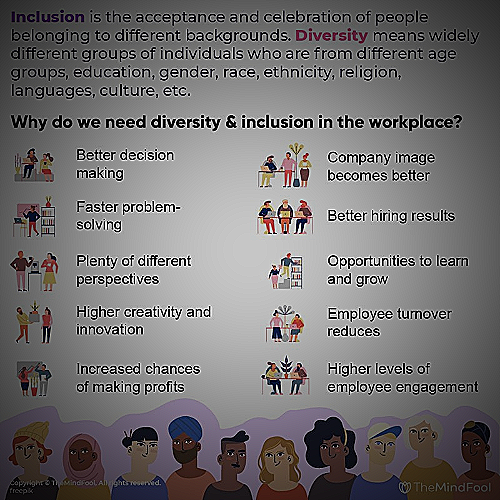Why is Diversity Important in the Workplace?
Benefits of Diversity in the Workplace
Having a diverse workplace brings numerous benefits to both the company and its employees. A diverse workplace promotes creativity, innovation, and problem-solving since employees come from various backgrounds and perspectives.
It also enhances employee engagement, as individuals feel valued and included in the workplace. Additionally, companies with a diverse workforce often attract a wider range of customers and clients, leading to increased profitability and success.
Improved Decision-Making
When people from different backgrounds and experiences work together, they bring a variety of perspectives and ideas to the table. This leads to improved decision-making and problem-solving, as different viewpoints are taken into consideration.
Diversity in the workplace has been proven to increase innovation and creativity, leading to better business outcomes.
It Fosters Inclusion
Having a diverse workplace ensures that everyone feels included and represented. When employees feel valued and respected, they become more engaged and motivated.
Inclusive workplaces foster a sense of belonging, which translates into a more positive working environment and increased productivity. When people feel included, they are more likely to stay with the company and contribute to its success.
Reflects Society
Society is diverse, and workplaces should reflect that diversity. Having a diverse workforce ensures that the company is representative of the larger society and its customers.
This is particularly important for businesses that cater to a diverse clientele. By having a workplace that reflects the society around it, companies can better understand the needs and desires of their customers, leading to increased sales and customer loyalty.
Overall, diversity is an essential aspect of any successful workplace. A diverse workforce brings a multitude of benefits, including improved decision-making, increased creativity, better problem-solving, and improved employee engagement.
Additionally, it fosters inclusion, ensures the workplace reflects society, and attracts a wider range of customers. Therefore, companies should place a strong emphasis on promoting diversity and inclusion in the workplace.
Check out this Youtube video: “The Importance of Diversity In The Workplace” to gain an understanding of how diversity can positively impact employee engagement, finance, and employment problems.
The Benefits of Diversity in the Workplace
One of the reasons why diversity is important in the workplace is because it promotes increased innovation and creativity. When individuals from different backgrounds and experiences come together, they are able to share unique ideas and perspectives that can lead to innovative solutions and new approaches to business problems.
This can help companies stay competitive in a constantly evolving market.
In addition to increased innovation and creativity, diversity in the workplace can also enhance problem-solving and decision-making. Diverse teams are often better equipped to identify and address a wider range of problems, as they are able to draw upon a variety of skills, experiences, and perspectives.
This can lead to more effective problem-solving and better decision-making, which can ultimately improve a company’s bottom line.
Another benefit of diversity in the workplace is increased market opportunities. A diverse workforce can help companies better understand and connect with a diverse range of customers, allowing them to expand into new markets and increase their customer base.
Companies that are inclusive and embrace diversity are also more likely to attract and retain top talent, as employees are more likely to feel valued and supported in environments where their differences are celebrated.
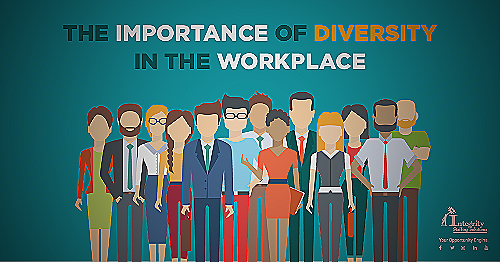
Overall, diversity is important in the workplace as it leads to increased innovation and creativity, enhanced problem-solving and decision-making, and increased market opportunities. Companies that prioritize diversity and inclusion are better equipped to adapt to a constantly changing market and attract and retain top talent.
Why is Diversity Important?
Different Perspectives and New Ideas
Diversity brings different perspectives and new ideas to the table. Different experiences, backgrounds, and cultures can bring unique insights that can help solve problems or create innovative solutions.
When everyone approaches a problem in the same way, it can become limiting and stagnant. But with a variety of perspectives, there is a greater potential for growth and success.
Greater Adaptability and Resilience
A diverse workplace can adapt better to changes and challenges. With a range of backgrounds and experiences, a team can bring a diversity of skills and strengths to face new obstacles.
When everyone is capable of adapting to change and embracing new ideas, the company as a whole becomes more resilient.
Improved Employee Engagement and Retention
A diverse workplace can foster better employee engagement and retention. When everyone feels valued and respected for their differences and unique contributions, they are more likely to feel satisfied and proud of their work.
This can lead to a positive work environment where employees are motivated to stay and contribute to the team’s success.
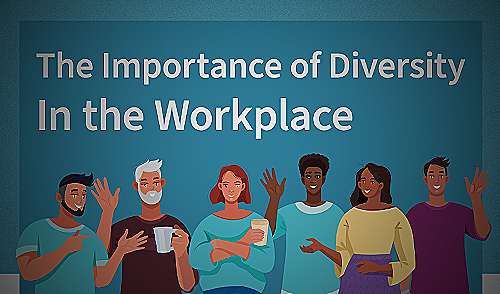
Diversity is important in the workplace because it creates a more productive and innovative team. With a range of backgrounds and experiences, a team can bring a diversity of skills, strengths, and perspectives to approach challenges and create new solutions.
When everyone feels valued and respected, it creates a positive work environment and fosters better employee engagement and retention.
The Importance of Diversity for Company Success
Diversity in the workplace is becoming increasingly important for success in today’s society. The following points emphasize why diversity is essential for a company’s success:
Financial Benefits
McKinsey & Company has concluded that companies with diverse workforces have an increased ability to win top talent, improve customer orientation, employee satisfaction, and decision-making. These benefits lead to a virtuous cycle of profit increase, making diversity a financially wise decision for businesses.

Improved Reputation
Having a diverse workforce that is both inclusive and welcoming can lead to an improved reputation for a company. Customers and clients are looking for businesses that embrace and celebrate diversity, as this translates to a more comprehensive understanding of the customer experience.
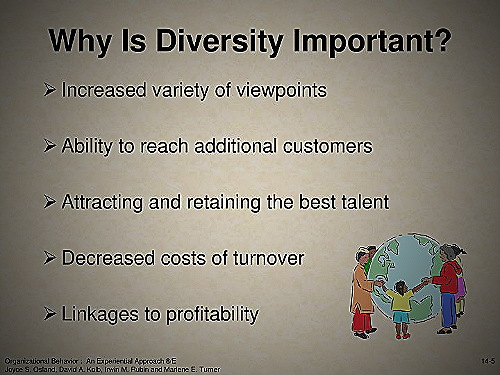
Attracting and Retaining Top Talent
A company that demonstrates its commitment to diversity and inclusion is better able to attract highly skilled and diverse talent. A diverse workforce means a broader range of skills, experiences, and perspectives, leading to increased creativity and innovation within the company.
Additionally, creating an inclusive environment within a company can lead to greater employee satisfaction and retention rates.
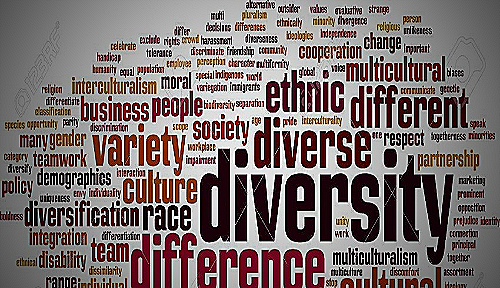
The importance of diversity in today’s society cannot be overstated. A diverse workforce brings financial benefits, an improved reputation, and attracts and retains top talent.
Companies looking for success should embrace diversity and create an inclusive environment for all employees.
Challenges of Diversity in the Workplace
Resistance to Change
Introducing diversity into the workplace can be challenging for some employees who resist change. People tend to become entrenched in their ways of thinking and may struggle to adapt to new ideas and perspectives.
This resistance to change can create a barrier to progress and make it difficult for employees to fully embrace diversity. To overcome this challenge, companies need to provide their employees with training and resources to help them understand the benefits of diversity and its importance in creating a positive work environment.
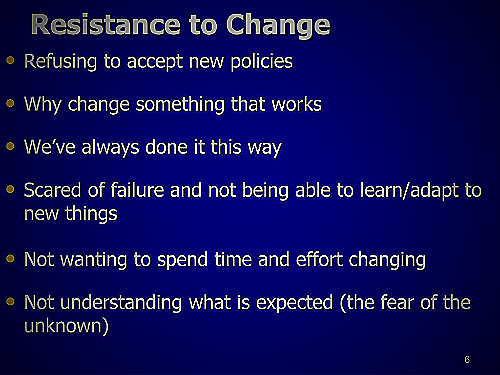
Communication Barriers
Communication is essential in any workplace, and diverse teams can sometimes struggle to communicate effectively. Language differences, cultural differences, and different communication styles can all create barriers that prevent people from understanding each other and working together effectively.
To overcome this challenge, companies should provide language and cultural training for their employees. Breaking down these communication barriers can improve collaboration and allow teams to work more effectively together.
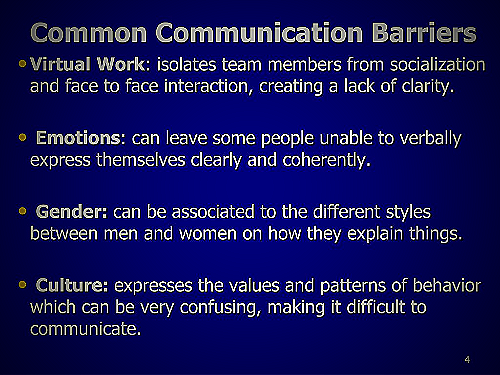
Unconscious Bias
Unconscious bias can be a significant challenge in creating a diverse workplace. People often have hidden biases and assumptions that can lead to discrimination and exclusion of certain groups.
This can create a toxic work environment that discourages diversity and limits the potential of employees. To overcome this challenge, companies need to provide unconscious bias training to their employees.
This training can help people become aware of their biases and learn to recognize and overcome them. By fostering a culture of inclusivity and acceptance, companies can create a more diverse and equitable workplace.
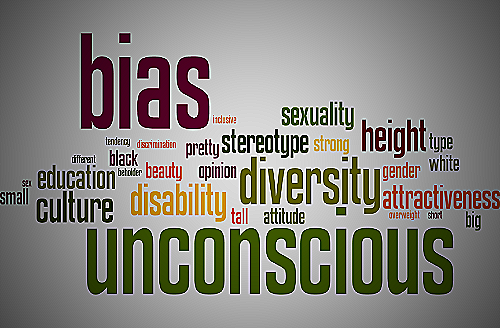
How to Improve Diversity in the Workplace
One way to promote diversity in the workplace is to create a diverse recruitment plan. One important step is to ensure that job postings are inclusive and attract a wide range of applicants.
Job descriptions should also focus on skills and qualifications rather than age, gender, ethnicity, or other characteristics that aren’t relevant to the job. Additionally, companies can look for job candidates at diverse networking events, conferences, and job fairs to broaden their pool of potential employees.
Another key way to promote diversity is through diversity and inclusion training. This can involve educating employees on issues related to diversity, such as bias, stereotypes, and cultural differences.
It can also involve training on effective communication and team building skills which are essential in a diverse workplace. Companies can also encourage employee resource groups or diversity committees to promote a culture of diversity and inclusion within the organization.
Evaluating current company practices is another way to improve diversity in the workplace. This can involve reviewing hiring policies, employee benefits, and workplace culture to ensure that they promote diversity and inclusion.
It can also involve implementing flexible work arrangements, such as remote work or flexible hours to accommodate a diverse workforce. Companies can also implement cultural competency training for managers to ensure that they are aware of cultural differences and can lead a diverse team effectively.

Overall, promoting diversity in the workplace is essential for a successful organization. By creating a diverse recruitment plan, providing diversity and inclusion training, and evaluating current company practices, companies can benefit from increased productivity, innovation, and customer satisfaction.
Measuring Diversity and Inclusion in the Workplace
Diversity Metrics
One way to measure diversity is to use diversity metrics. These metrics can include factors such as age, gender, ethnicity, and sexual orientation.
Companies can set goals and measure progress in increasing the diversity of their workforce. This information can also be used to identify any gaps or areas where more work is needed to improve diversity and inclusion.
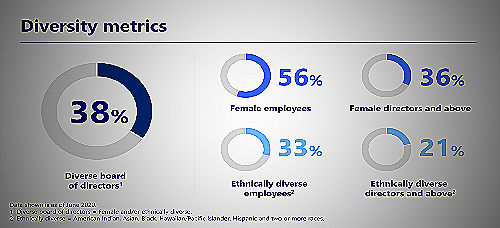
Employee Feedback and Surveys
Another way to measure diversity and inclusion is to gather feedback from employees. Companies can use surveys or focus groups to gauge employee satisfaction with the company’s diversity and inclusion efforts.
This feedback can be used to make improvements and ensure that all employees feel valued and included.
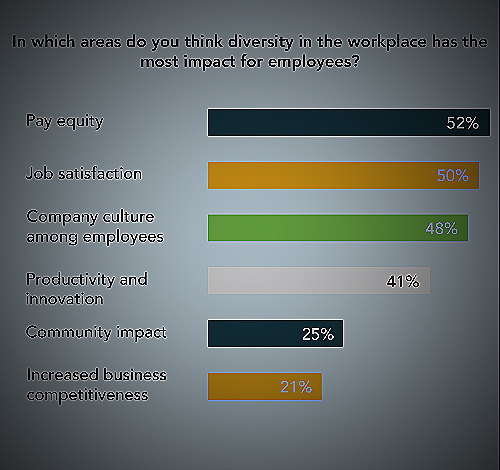
External Recognition and Awards
Finally, external recognition and awards can also be used to measure diversity and inclusion in the workplace. Companies that receive awards for their diversity and inclusion efforts can use this as a way to show that they are committed to creating a welcoming and inclusive workplace.
These awards can also attract talented individuals who are looking for companies that value diversity and are committed to creating a positive work environment.

Improving the Workplace for Diversity
Creating a diverse workplace is essential to any modern society. Every culture is different and has something unique to offer.
When all these different perspectives are shared, various ideas and processes can be implemented. This diversity of employees brings a variety of experiences and backgrounds that can increase the potential for increased productivity.
Here are some ways of improving the workplace for diversity:
Flexible Work Arrangements
One of the best ways to improve the workplace for diversity is to offer flexible work arrangements. Providing flexible hours or work from home options can allow employees to balance work with other commitments, including family and personal life.
These options can also help those who need specific accommodations or breaks throughout their workday.
Addressing Microaggressions
Microaggressions can occur in any workplace, and not recognizing these situations can lead to an uncomfortable or hostile work environment. By providing training and workshops for all employees, coworkers can learn how to identify microaggressions and avoid making them in the future.
This approach makes the workplace safer and more welcoming for everyone.
Providing Resources for Diverse Employees
Providing resources for diverse employees allows them to bring their full selves to work. Resources can include employee affinity groups, diversity and inclusion committees, and mentorship opportunities.
Diversity and inclusion initiatives make all employees feel valued and welcome in the workplace.
Employers must recognize the importance of diversity in the workplace. Offering flexible work arrangements, addressing microaggressions, and providing resources for diverse employees are essential.
Embracing diversity leads to increased productivity, stronger teams, and better problem-solving skills.
Diversity and Legal Requirements
Why is diversity important in the workplace? One reason is that equal employment opportunity (EEO) laws require it.
EEO laws prohibit discrimination in hiring, promotion, and other workplace practices based on characteristics such as race, color, sex, religion, national origin, age, or disability. Employers must show that they have taken steps to prevent and correct discrimination, including promoting diversity and inclusion.
Anti-discrimination laws also require employers to accommodate employees’ religious beliefs and disabilities, such as providing reasonable accommodations for prayer times or wheelchair accessibility. Employers must be aware of these laws and take steps to comply with them.
Another legal requirement related to diversity is affirmative action plans. These plans are intended to address past discrimination and promote diversity and inclusion in the workplace.
Federal contractors and subcontractors, as well as some state and local government employers, must develop and implement affirmative action plans that set goals and benchmarks for increasing diversity and addressing any underrepresentation of protected groups in their workforce.
In Conclusion
Workplace diversity is crucial for a company’s growth, success, and sustainability. It leads to increased productivity, attracts top talent, and improves a company’s reputation.
Companies must take proactive measures to create a diverse and inclusive workplace that values the individual strengths of each employee. When employees feel valued and included, they are more likely to be engaged, satisfied, and committed to the company’s success.
